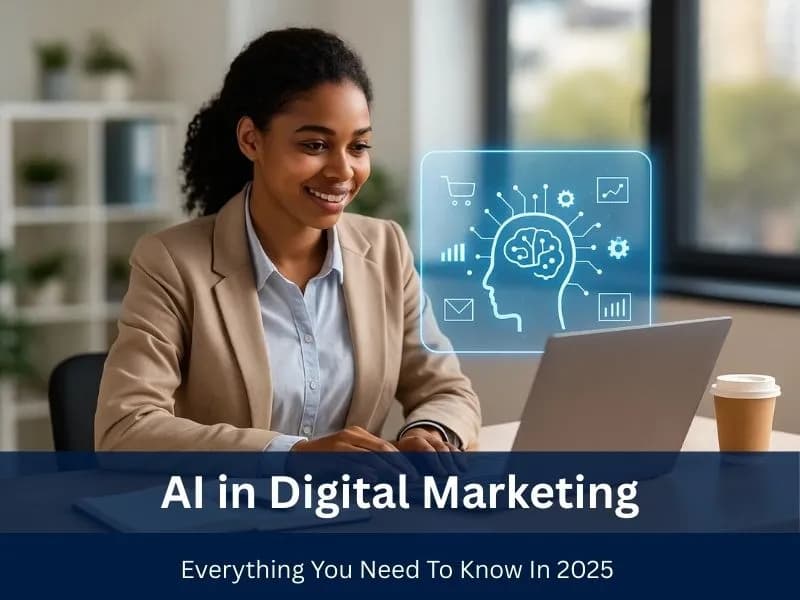Marketing Education
AI in Digital Marketing: Everything You Need To Know In 2025
by Jennifer Wilcox
April 16, 2025
28 min read

Jennifer Wilcox
Verified Author
Founder of JW Marketing, has 15+ years of experience helping brands grow through smart, data-driven digital strategies, from social media to local SEO.
